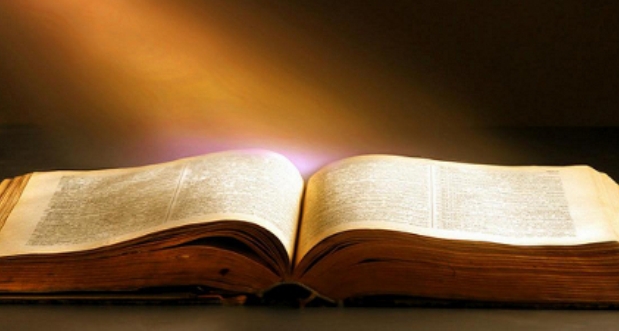Apostolic Tradition And The Catholic Church

What is Apostolic Tradition and how does it relate to the Catholic Church?
[simpleazon-image align=”left” asin=”1574557203″ locale=”us” height=”375″ src=”http://ecx.images-amazon.com/images/I/51KTMCQ9GEL.jpg” width=”249″]Apostolic Tradition is the transmission or ‘relaying’ of the message of Jesus Christ, brought about from the very starts of Christianity, when Jesus came and dwelt among us. This message is relayed by means of preaching, witnessing, instructions, worship, as well as inspired writings – the Bible is one such instance of inspired writings. I love athletics (even though I don’t really participate in it). I am a big fan of athletics – especially major meets. I love to see 4 by 100 relays. They are loaded with energy and excitement. I always marvel at how a well passed baton at pretty high running speeds look. I marvel at the time and effort they would have put into getting it right. It is the same thing with Apostolic Tradition and the Catholic Church. The baton (the Catholic Faith) is passed from one successor to the other throughout the ages. I guess the Catholic Church can be thought of as being an ongoing relay race, where the Faith is passed on, and in the same way that each relay team has a coach, training and guiding them, so too does the Catholic Church have a Coach of all coaches in the form of the Holy Spirit who continues to teach the Church in new ways. The apostles transferred all they obtained from Christ as well as what they learnt from the Holy Spirit to their successors, the bishops, and through them to all generations up until the end of the earth.
There are two ways in which Apostolic Tradition takes place:
-
Through the living transmission of the word of God (additionally merely called Tradition). Unfortunately, there are many who try to base their Christian practices on what is written in the bible only! There are a couple problems with that thinking:-
In the life of Christianity which is over two thousand years old, the bible is a fairly recent book that was first published somewhere about the fifteenth century. That would mean that there would have been some fifteen hundred years of Christianity without the bible. So if the bible is the only source of their faith, what happened in the fifteen hundred years prior to it first being published? Where did they get their teachings from?
If I believe that it is only the bible that teaches Christianity, then what will become of John 16: 12 – 13 which says, “I still have many things to say to you but they would be too much for you to bear now. However, when the Spirit of truth comes he will lead you to the complete truth, since he will not be speaking of his own accord, but will say only what he has been told; and he will reveal to you the things to come.”? This is Jesus’ word to continue teaching the Church, through the Holy Spirit.
-
The second way in which Apostolic Tradition takes place is through Sacred Scripture which is the same pronouncement of salvation in written form.
Tradition and Sacred Scripture are bound very closely with each other and in fact complement each other; each of them manifesting in the Church the mystery of Christ. They originate and they flow of the exact same divine well-spring as well as together make up one sacred deposit of faith from which the Church acquires her certainty regarding revelation.
The Apostles entrusted the deposit of faith to the entire Church. Thanks to its supernatural sense of faith, the people of God all at once, assisted by the Holy Spirit as well as directed by the Magisterium of the Church, never ceases to welcome, to penetrate even more deeply as well as to live even more completely from the gift of divine revelation.
The job of providing an authentic interpretation of this deposit of faith has been delegated to the living teaching Office of the Catholic Church alone, that is, to the successor of Peter, the Bishop of Rome, and to the bishops in communion with him. To this Magisterium, which in the service of the Word of God and which is based on the charism of truth, belongs also the additional job of defining dogma which are formulations of the realities consisted of in divine Revelation. This authority of the Magisterium likewise encompasses those truths always associated with Revelation.
Scripture, Tradition, as well as the Magisterium are so very closely united with each other that none of them could stand without the others. Working together, each in its own means, under the action of the one Holy Spirit, they all contribute completely to the redemption of souls.
Ref. ccc 75 – 100



